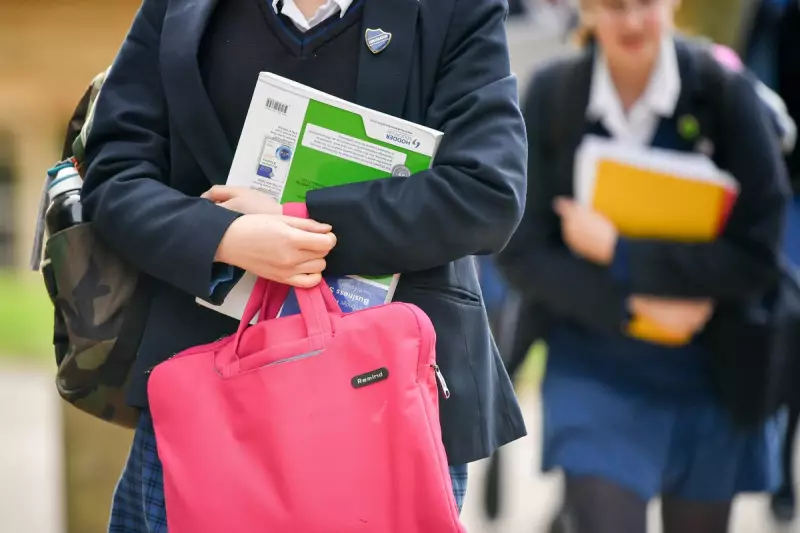
Groundbreaking research has exposed a deeply concerning trend in the British education system: children's wellbeing and mental health suffer a significant decline upon starting secondary school. This critical period of transition, long suspected by parents and teachers, now has concrete data revealing the profound emotional impact on young adolescents.
The Startling Data: A Clear Wellbeing Cliff-Edge
The comprehensive study, tracking thousands of pupils, found that the move to larger, more impersonal secondary schools correlates with a marked drop in overall happiness and life satisfaction. Researchers identified a clear 'wellbeing cliff-edge' where the supportive, familiar environment of primary school is replaced by new academic pressures and complex social hierarchies.
Beyond Nerves: The Real Challenges Facing Year 7s
This isn't merely about first-day jitters. The research highlights several compounding factors creating this wellbeing crisis:
- Academic Pressure: A sudden intensification of workload and performance expectations
- Social Overwhelm: Navigating entirely new peer groups and complex friendship dynamics
- Environmental Shock: Moving from small, nurturing settings to large, impersonal institutions
- Reduced Support: Less one-on-one attention from teachers in larger class settings
A Systemic Issue Demanding Urgent Action
Education experts are calling for immediate intervention from policymakers and school leaders. The findings suggest that current transition programs—often consisting of just a few familiarisation days—are woefully inadequate for supporting children's emotional needs during this vulnerable period.
Professor of Education involved in the research stated: "We're witnessing a systemic failure to support children at one of the most vulnerable transitions in their educational journey. This isn't about resilience; it's about providing appropriate structures that acknowledge the profound impact of this change."
The Path Forward: Reimagining School Transition
The research concludes with urgent recommendations for educators and policymakers:
- Implement extended, phased transition programs beginning much earlier
- Train secondary school staff specifically in supporting incoming Year 7 wellbeing
- Create smaller 'schools within schools' to maintain community feeling
- Establish robust mental health support systems accessible to all new students
- Foster stronger partnerships between primary and secondary institutions
As another school year approaches, this research serves as a crucial wake-up call for the education sector to fundamentally rethink how we support children through one of the most challenging periods of their young lives.





